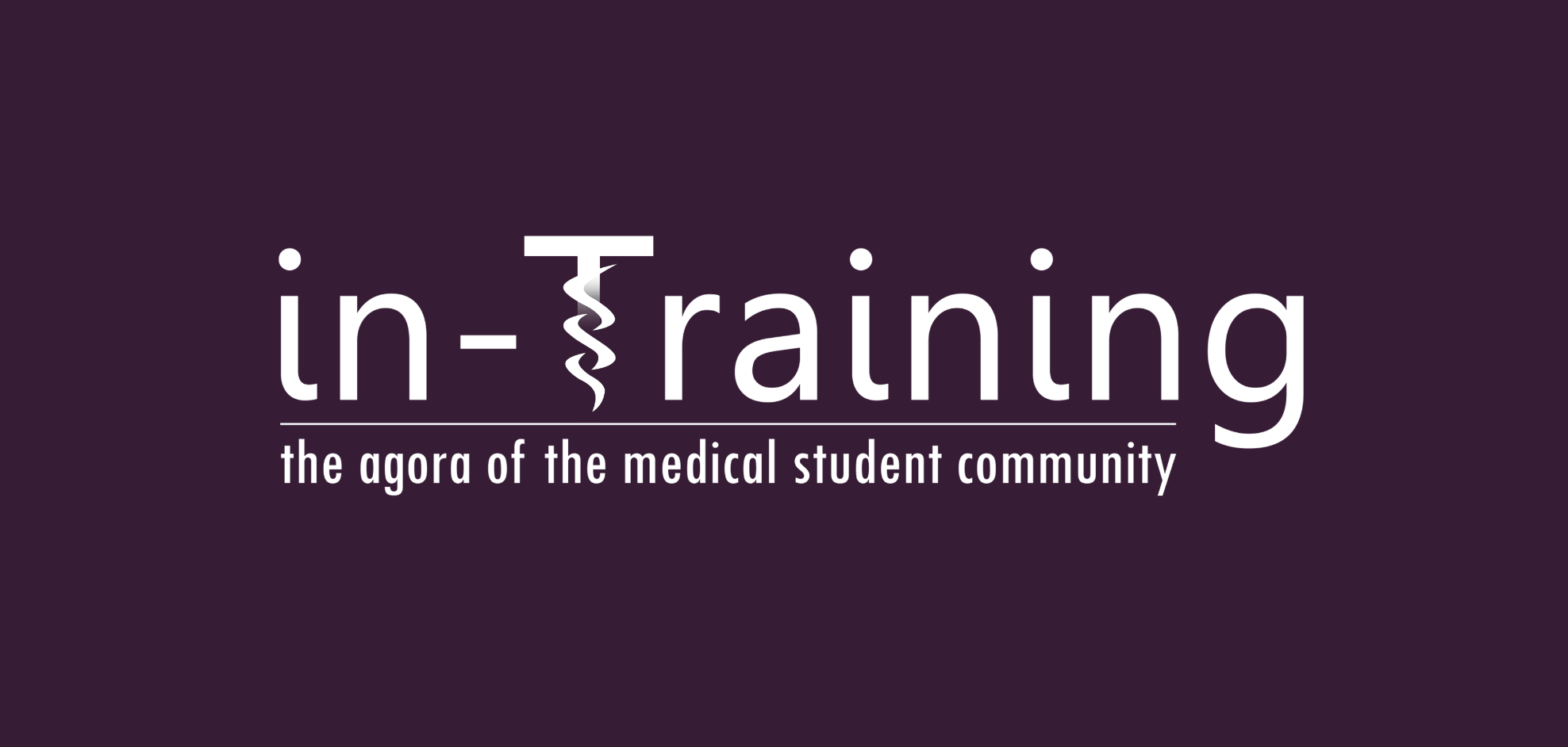As the editors-in-chief, we are proud to report that in-Training published nearly 300 new articles in 2017. These pieces ranged from policy analyses to poetry to visual art to podcast interviews. The depth and breadth of our stories are unlike those found in any other publication dedicated to medical students, and frankly, we believe that this means that our unique community is unlike any other.
To celebrate another successful year as the agora of the medical student community and the premier online publication by and for medical students, we are proud to announce our 10 most-viewed articles from 2017. Thank you for joining us, and Happy New Year!
#1
An Apology to Medical Students
by Karen Tran-Harding, MD at the University of Kentucky
Dear medical students, I’m sorry there were many moments when you were ignored. I’m sorry sometimes we — the residents — were so stressed out that we forgot to tell you to come with us to the delivery. I’m sorry that there was a really cool congenital lung finding on the CT scan but that I didn’t even bother to call you over when you were just sitting silently, just hoping that someone would acknowledge your existence.
#2
Medical Podcasting 101: 8 Podcasts Highly Recommended for Medical Students
by Neepam Shah at the Rowan University School of Osteopathic Medicine
At this point, most medical students either know someone obsessed with podcasts, or are obsessed with the medium themselves. With shows on everything from broader pop culture to reading novels as spiritual texts, the podcasting boom allows anyone — including medical students — to engage their most niche interests on their own schedule.
#3
On Happiness in Medical School
by Nihaal Mehta at the Warren Alpert Medical School of Brown University
I was once asked if medical school is an unhappy place. It is a good question, the kind that it takes someone outside of medicine to ask. It would never occur to me to wonder, maybe because I’m afraid to think too deeply about it, worried I will arrive at an answer I don’t like. But after being asked and finding that I didn’t have a good answer, I had to think about it.
#4
Letter to a Fourth-Year Medical Student
by Pamela Sansoucy, MD at the University of Massachusetts Family Medicine Residency
Here you are: the place that you have been attempting to achieve for many years. At this point, I am sure you have heard a lot of advice regarding your future. Many of those ahead of you have probably given you the ubiquitous “Enjoy fourth year!” advice before you enter the trenches that are residency. You likely have heard unsolicited advice pertaining to the career path you have chosen and maybe even tidbits on “how to survive residency.” This letter is not intended to scare or intimidate you as others have previously attempted. I won’t sugarcoat things: residency is hard.
#5
by Maseray Kamara at the Michigan State University College of Human Medicine
“Please not me,” I pray earnestly. Not me. Not me. I don’t want to become the medical student-turned-resident-turned-physician who loses empathy. The one who loses compassion. The one who takes lives and near death experiences for granted, who quickly learns, as an ER attending once bluntly stated, that “everyone’s a liar.” Not me.
#6
by Jack Penner at the Georgetown University School of Medicine
Whenever I go to the hospital, I wear my grandpa’s socks. They looked distinguished on an older man, but a little childish on a me, a 25-year-old medical student. I’m okay with that. Feeling like an overdressed kid on Easter helps to balance the overwhelming pressure of becoming a physician.
#7
Married in Medical School: Our Experience
by Eric Cotter and Lisa Cotter at the Georgetown University School of Medicine
Our story is more or less a nerdy version of a Nicholas Spark’s novel. We met in college early in my junior year — Lisa’s sophomore year — at Marquette University while working in the same neuroscience research laboratory. We instantly hit it off; I mean, what better romantic setting is there than doing surgeries on tiny lab rats? I wore slippers on our first date to P.F. Chang’s and the rest is history.
#8
Notes from the Plague: Searching for Heroes
by Matthew Trifan, MD at the Thomas Jefferson University Hospital
Like most people, I watched the Ebola plague tear through Africa two years ago with a feeling of helpless horror. I saw the victims dying by the thousands on television, all eulogized by the same stark words: “No cure.” There seemed to be some unstoppable and malevolent force in the universe, seeking not only the destruction of human life, but hope itself.
#9
CRISPR: The Future of Medicine and Human Evolution
by Tim Beck at the Drexel University College of Medicine
Humanity’s unnerving cruelty is perhaps only balanced by its kindness and innovation. It remains to be seen on which side of the scale CRISPR, a remarkable genome-editing tool and one of the most exciting scientific innovations of the 21st century, will land.
#10
Mask Off: Under the Guise of Implicit Bias
by Aida Alazar at the Warren Alpert Medical School of Brown University
Now, let us understand the meaning of one of medicine’s most provocative topics: implicit bias. “Implicit” signifies that bias is implied, but not expressed, and that bias is natural or essential to something perhaps more insidious. Secondly, bias is “with no qualification or question; absolute.” So how do we teach medical students about biases that affect patient care when they are in fact assumed and unquestionable?



